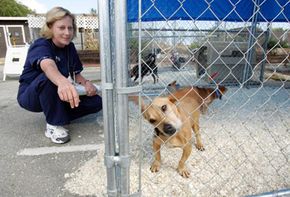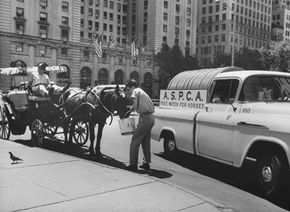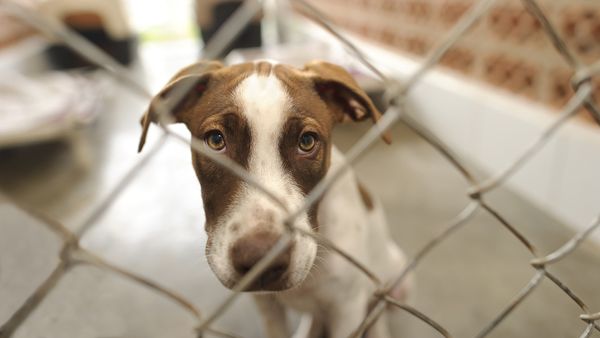When most people think of the Humane Society, they imagine rows and rows of caged dogs and cats waiting for someone to adopt them and take them home. While the Humane Society of the United States (HSUS) does work to support local animal shelters -- and dogs and cats -- its work encompasses much more than that. The motto of the HSUS is "Celebrating Animals, Confronting Cruelty," four simple words that illustrate a complex organization.
Advertisement
There are thousands of animal species all over the world, and the HSUS works directly or indirectly to save, protect or rescue just about all of them. And it works globally, not just in the United States, including with animals found in the depths of the oceans. Some of the animals the HSUS provides help for are involved in rodeos, racing, circuses, zoos, research, hunting, food, fashion, puppy mills and aquariums. And that's not even close to a complete list.
The HSUS also works with domestic pets and provides support to local animal shelters and animal-control professionals. The organization is constantly presenting pieces of legislation -- locally and nationally -- to outlaw cruelty to animals. In the event of a natural disaster like Hurricane Katrina or the 2004 tsunami in Southeast Asia, the HSUS has a disaster team ready to travel to the area and help rescue animals. It even has a program in place for homeowners to learn to coexist with backyard neighbors like squirrels, raccoons and mice.
So are there programs successful? What has the HSUS accomplished in its relatively short existence? How did this nonprofit organization get started, and how does it stay in business?
Advertisement





